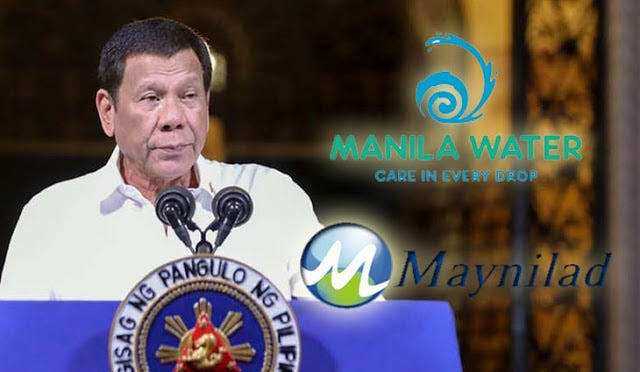Duterte’s Water War Foe Seeks Cover Through Sale
Ayala Corp, under fire from the president, sells interest to connected tycoon

The Feb. 3 decision by the beleaguered Ayala Corporation-led Manila Water Company to sell 25 percent of the company to one of the country’s richest men, Enrique “Ricky” Razon Jr, appears to be a prudent move to seek cover from the unrelenting hostility of President Rodrigo Duterte, sources in Manila say.
In a statement to the Philippine Stock Exchange, R…
Keep reading with a 7-day free trial
Subscribe to Asia Sentinel to keep reading this post and get 7 days of free access to the full post archives.
